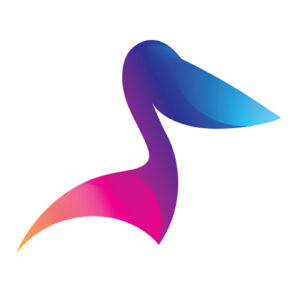
Web 2.0 (also known as participative (or participatory)[1] web and social web)[2] refers to websites that emphasize user-generated content, ease of use, participatory culture and interoperability (i.e., compatibility with other products, systems, and devices) for end users.
The term was coined by Darcy DiNucci in 1999[3] and later popularized by Tim O’Reilly and Dale Dougherty at the first Web 2.0 Conference in 2004.[4][5][6] Although the term mimics the numbering of software versions, it does not denote a formal change in the nature of the World Wide Web,[7] but merely describes a general change that occurred during this period as interactive websites proliferated and came to overshadow the older, more static websites of the original Web.[8]
A Web 2.0 website allows users to interact and collaborate with each other through social media dialogue as creators of user-generated content in a virtual community. This contrasts the first generation of Web 1.0-era websites where people were limited to viewing content in a passive manner. Examples of Web 2.0 features include social networking sites or social media sites (e.g., Facebook), blogs, wikis, folksonomies (“tagging” keywords on websites and links), video sharing sites (e.g., YouTube), image sharing sites (e.g., Flickr), hosted services, Web applications (“apps”), collaborative consumption platforms, and mashup applications.
Whether Web 2.0 is substantially different from prior Web technologies has been challenged by World Wide Web inventor Tim Berners-Lee, who describes the term as jargon.[9] His original vision of the Web was “a collaborative medium, a place where we [could] all meet and read and write”.[10][11] On the other hand, the term Semantic Web (sometimes referred to as Web 3.0)[12] was coined by Berners-Lee to refer to a web of content where the meaning can be processed by machines.[13]

